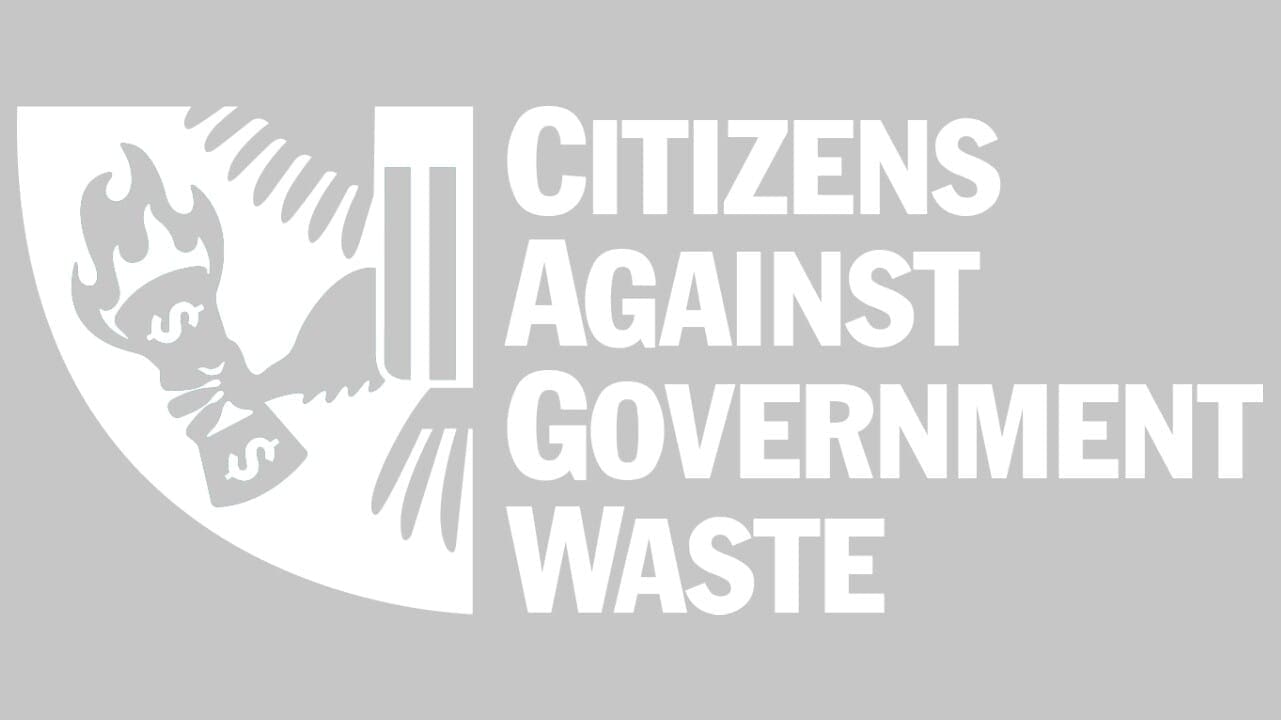The abysmal financial condition of the United States Postal Service (USPS) was reiterated when it reported a $9.5 billion loss for fiscal year (FY) 2024, which is 46 percent greater than the FY 2023 loss. The USPS is not only losing money but also failing to meet any of its mail service standards anywhere in the country, even after it had previously lowered them to make them easier to meet. There are reports of disastrous service in certain areas, especially where the Postal Service has re-routed mail and rolled out big new centralized processing facilities. And the Delivering for America plan has made matters worse.
As Congress looks for opportunities in the reconciliation process to save money and increase efficiency, there are four proposals that should be considered for the USPS.
First, there should be a freeze on all nonessential capital expenditures. The USPS should not spend any money to build, expand, or renovate middle mile and package processing facilities that duplicate existing private sector networks or information technology systems that duplicate private sector financial systems including payment systems and postal banking. Congress should require USPS to limit capital expenditures to essential investments related to core functions like final mile delivery of mail and packages.
Second, the size of the non-carrier labor force should match its workload. The conversion of 190,000 part-time employees to full-time, which roughly doubles their compensation and makes it harder for them to be terminated, makes no financial or business sense in the face of declining mail volume. Congress must require the USPS to reduce the number of career full-time workers by at least the same percentage as the decline in total mail and package volume for all functions other than carriers who provide final-mile mail and package delivery.
Third, final mile access should be preserved for packages at affordable and competitive rates without expanding upstream. The USPS has been forcing shippers to pay more for slower service, which has caused package volume to stagnate and profits to drop by nearly $2 billion in fiscal year 2024. Congress should demand that the USPS reduce costs and improve service performance, maximize package volumes and contribution, and maintain final mile package delivery products with standard one day service.
Fourth, Postmaster General DeJoy’s insourcing plans must be reversed after he called union supervisors “comrades” in November 2024 and said he is “probably going to do the biggest insourcing every in America, in terms of what we are doing.” Worksharing has successfully increased efficiency and reduced costs, and there is no financial or business justification to undo those arrangements. Congress should require the USPS to preserve existing transportation and workshare discounts and ensure that related activities are done by whichever entity can do the work most efficiently.
The USPS performs valuable services, but like every other expenditure in the federal government, there must be accountability, transparency, and efficiency. Both Congress and DOGE should be taking a close look at the USPS and require changes to be made that will fix its finances and ensure that it sticks to its mission and core functions.


Add your first comment to this post